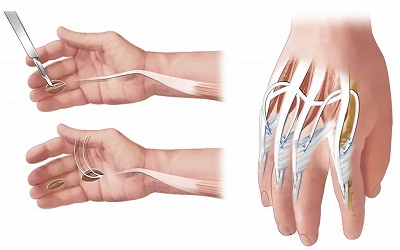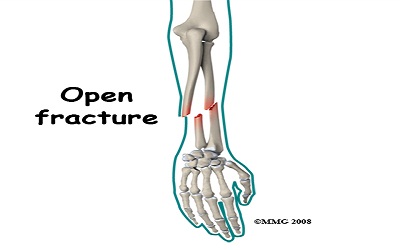Reconstructive Surgeon in Kolkata are specialists in the field of plastic surgery focused on restoring function and form to the body, often after trauma, disease, or congenital defects. Their work can involve repairing injuries, correcting deformities, and enhancing appearance for patients who have experienced significant physical alterations.
These surgeons undergo extensive training, typically completing medical school followed by a residency program in plastic and reconstructive surgery. Some may also pursue further specialization through fellowships in areas such as microsurgery, hand surgery, or craniofacial surgery.
Their skills encompass a wide range of techniques, including tissue grafting, microsurgery, and advanced wound closure methods. Reconstructive surgeons work closely with patients to understand their unique needs and goals, developing personalized treatment plans to achieve optimal outcomes.
In addition to addressing physical issues, Reconstructive Surgeon in Kolkata often play a crucial role in restoring confidence and improving quality of life for their patients. Their work can have profound emotional and psychological benefits, helping individuals regain a sense of normalcy and self-esteem following significant challenges.
Reconstructive surgery in Kolkata
Reconstructive surgery in Kolkata is a branch of surgery focused on restoring the form and function of body parts that have been damaged due to injury, disease, congenital conditions, or other factors. It differs from cosmetic surgery, which is primarily focused on enhancing appearance.
Reconstructive surgery can involve various techniques, including skin grafts, tissue expansion, microsurgery, and the use of implants or prosthetics. It aims to improve not only the physical appearance but also the overall quality of life and functionality for individuals who have experienced trauma or deformities.
Common reasons for Reconstructive surgery in Kolkata include:
- Traumatic injuries: Reconstructive surgery can help repair damage caused by accidents, burns, or other traumatic events.
- Congenital anomalies: Some individuals are born with conditions such as cleft lip and palate, syndactyly (webbed fingers or toes), or microtia (underdeveloped ear), which may require surgical correction.
- Cancer reconstruction: Surgery may be needed to reconstruct areas affected by the removal of tumors or tissues due to cancer, such as breast reconstruction after mastectomy.
- Hand surgery: Reconstructive procedures can restore functionality and appearance in hands affected by injuries, congenital conditions, or conditions like carpal tunnel syndrome.
- Gender-affirming surgery: Reconstructive surgery plays a crucial role in gender confirmation procedures for transgender individuals seeking to align their physical characteristics with their gender identity.
Reconstructive surgery often involves collaboration between surgeons from various specialties, such as plastic surgery, orthopedic surgery, otolaryngology, and oncology, depending on the specific needs of the patient. The goal is to achieve optimal outcomes while minimizing scarring and maximizing function and aesthetic appearance.


